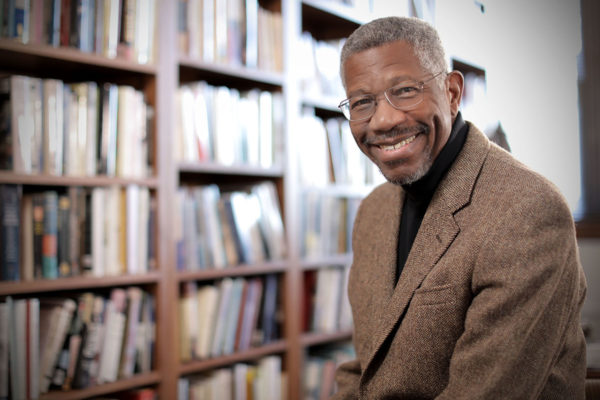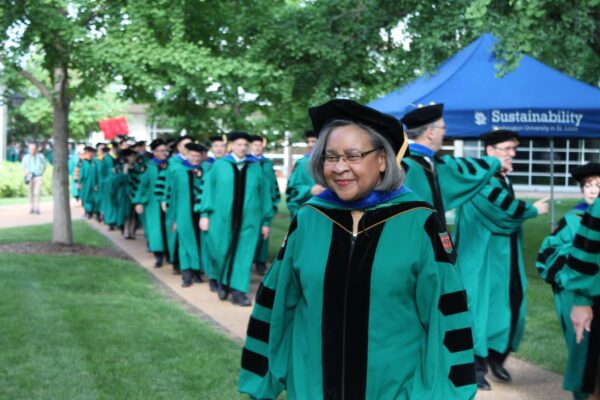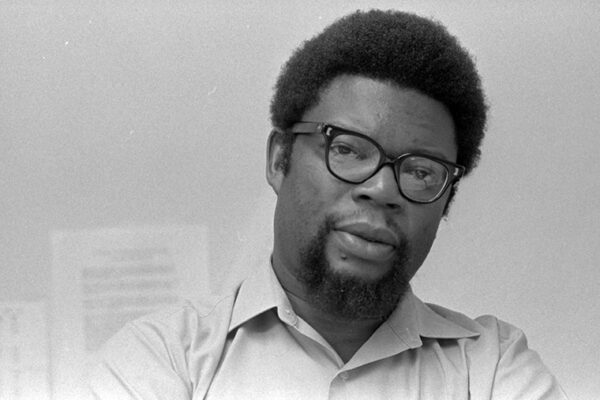On Topic The History of Black Studies with Gerald Early
In spring 2017, African and African-American studies (AFAS), a longtime program at the university, became a department. This means that AFAS will soon be able to confer PhDs, hire its own faculty (previously, faculty could only hold a joint appointment with AFAS and another full department), and be a primary major for undergraduates. Overseeing the transition of AFAS from program to department was longtime faculty member Gerald Early, the Merle Kling Professor of Modern Letters and professor in the Department of English and African and African-American Studies. Previously, Early was director of the program in the early 1990s for nine years. Here he talks about how black studies programs originated across the United States.
Integration on campus
The movement to have black studies on predominantly white campuses happened in the late 1960s, and it was a convergence of two movements. It was the convergence of the anti-Vietnam War movement and the Black Power movement. And both of these movements were spearheaded in great measure by young people and particularly by college students. And as a result of the convergence of these two movements, you had a lot of student activism.
Taking over Brookings
What led to black studies here at WashU was first the organizing of the black students here into the Association of Black Students. I think they were first called the Association of Black Collegiates, I think they were first called ABC, and now they’re called ABS. And that was the first step. Then, of course, there were white radicals on campus who were supportive of these demands. The students took over Brookings [Hall] and issued a Black Manifesto, the black students did. This is in 1968, and as a result of issuing the Black Manifesto and taking over Brookings, ultimately, the school acceded to the demands and created a black studies program in 1969.
Radical reform
I think black students were driven to demand this because they thought that the curriculum was too white, it was too Eurocentric. You have to remember that what’s going on at this time is that black students are coming in significant numbers to white universities now. Significant compared to the numbers that were [there] before, which was virtually nothing.
A new decade
I would say for myself, I entered the University of Pennsylvania in 1970. I was what you might call the beneficiary of these movements, because beginning in about 1970, many of these schools, like the University of Pennsylvania and so forth, increased the number of black students they were admitting, and also gave them much greater support in order to try and retain them and keep them at the university.
Enormous potential
I look back at that time now, and I don’t see the students being angry as much as I see an enormous kind of belief that this country could be better than it was, and that this country has an enormous potential to do good in the world and that it could change. And that can only come from people who have an incredible sense of optimism about where they live.



Comments and respectful dialogue are encouraged, but content will be moderated. Please, no personal attacks, obscenity or profanity, selling of commercial products, or endorsements of political candidates or positions. We reserve the right to remove any inappropriate comments. We also cannot address individual medical concerns or provide medical advice in this forum.